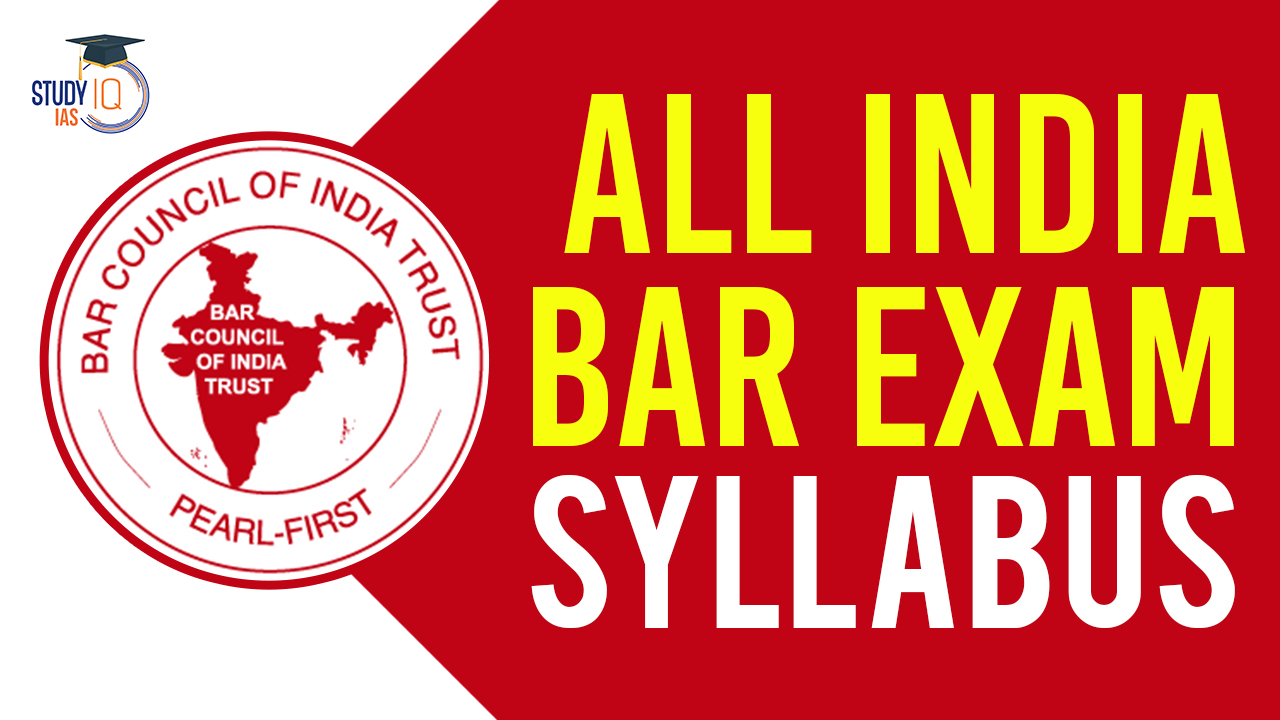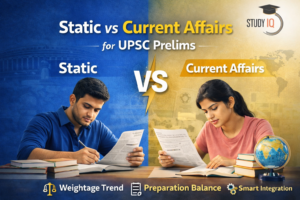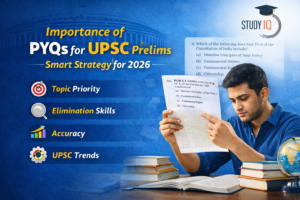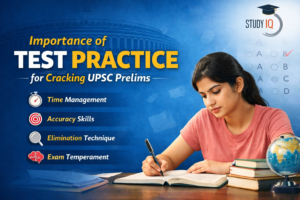Table of Contents
The All India Bar Examination (AIBE) 20 is organized by the Bar Council of India (BCI) and is a compulsory examination for law graduates who want to practice law in India. Clearing this exam is necessary to achieve the Certificate of Practice (CoP). A new AIBE 20 2025 examination brings vast changes in the syllabus, such as new criminal codes and updated subject weightages. The candidates need to know the AIBE 20 Syllabus 2025 to plan their preparation properly and achieve maximum scoring.
Overview of AIBE 20 Syllabus 2025
The AIBE 20 examination probes theoretical as well as practical application of law. The examination has a total of 100 multiple-choice questions (MCQs) over a series of legal subjects, namely constitutional law, civil and criminal procedure, family law, law of contract, professional ethics, and specialized fields like cyber law and environmental law. It is a 3-hour 30-minute duration examination, and Bare Acts are permitted inside the examination hall.
Candidates must prioritize high-weightage topics while also making sure to touch on lower-weightage but relevance-based topics. A particular focus this year is on new criminal codes, superseding the traditional IPC, CrPC, and Evidence Act.
Also, Check AIBE 19 Eligibility Criteria
Crucial Update: New Criminal Codes in AIBE 20
One of the major changes in the AIBE 20 2025 syllabus is the integration of three new criminal codes, which are critical for both theory and practical questions:
| New Code | Replaces | Focus Areas |
|---|---|---|
| Bharatiya Nyaya Sanhita (BNS) | Indian Penal Code (IPC) | General principles of criminal liability, specific offenses, defenses, public tranquility offenses |
| Bharatiya Nagarik Suraksha Sanhita (BNSS) | Criminal Procedure Code (CrPC) | Court jurisdiction, FIR, investigation, trial procedures, bail, appeal & revision |
| Bharatiya Sakshya Adhiniyam (BSA) | Indian Evidence Act | Relevance and admissibility of evidence, burden of proof, digital evidence, confessions |
Aspirants must study both the traditional and new statutes to understand the transition and nuances, as questions can appear from either framework.
Phase 1: High-Weightage Subjects
High-weightage subjects form the backbone of the AIBE 20 exam, contributing over 50% of total marks. Focusing on these areas is essential for qualification.
1. Constitutional Law (10 Marks)
Constitutional Law is the highest scoring subject. Important topics include:
-
Preamble of the Constitution
-
Fundamental Rights (Articles 12–35)
-
Directive Principles of State Policy
-
Structure and functions of the Executive (President, Governors)
-
Legislature (Parliament, State Assemblies)
-
Judiciary and Judicial Review
-
Principles of Federalism
-
Landmark Supreme Court judgments, including the Basic Structure Doctrine
2. Procedural & Substantive Criminal Law (18 Marks)
This cluster covers both IPC/BNS and CrPC/BNSS:
-
CrPC & BNSS (10 Marks): Court jurisdiction, FIR, investigation, bail, trial procedure, and appeals. New provisions in BNSS should be studied carefully.
-
IPC & BNS (8 Marks): General principles of criminal liability, general exceptions, and specific offenses like theft, murder, and public order violations.
3. Code of Civil Procedure (CPC) (10 Marks)
CPC governs civil suits and is a core civil law topic:
-
Jurisdiction of courts (Sections 9–25)
-
Pleadings: Plaint & Written Statement
-
Res Judicata and Res Sub-judice
-
Execution of Decrees and Orders
4. Evidence Law (8 Marks)
Transitioning from Indian Evidence Act to BSA requires focus on:
-
Relevancy of facts
-
Admissibility of confessions
-
Burden of proof
-
Documentary and digital evidence
5. Family Law & Contract Law (16 Marks)
-
Family Law (8 Marks): Hindu Marriage Act, Hindu Succession Act, Muslim Law concepts (Talaq, Mahr, Wills), guardianship, adoption.
-
Contract & Related Laws (8 Marks): Indian Contract Act, Specific Relief Act, Transfer of Property Act, Negotiable Instruments Act.
Sub-total: 62 Marks (~62% of total paper)
Pro Tip: Concentrate on Constitutional Law, CPC, CrPC, IPC, and Evidence for maximum scoring efficiency.
Phase 2: Practical Application Cluster
The second phase includes low to medium weightage subjects but is crucial for practical legal knowledge and scoring easy marks.
| Subject | Questions | Key Topics |
|---|---|---|
| Law of Tort (incl. MV Act & CPA) | 5 | Negligence, Defamation, Consumer Protection, Motor Vehicle provisions |
| Professional Ethics (BCI) | 4 | Duties to clients, court, and professional misconduct |
| ADR & Arbitration | 4 | Arbitration Act, Mediation, Conciliation |
| Public Interest Litigation (PIL) | 4 | Principles of PIL, Judicial activism, landmark PIL cases |
| Labour & Industrial Laws | 4 | Industrial Disputes Act, Trade Unions Act, Minimum Wages Act |
| Taxation Laws | 4 | Direct & Indirect Taxes, Income Tax basics |
| Administrative Law | 3 | Principles of Natural Justice, Delegated Legislation, Judicial Review |
| Specialized Low-Weightage Topics | 2 each | Company Law, Environmental Law, Cyber Law, Land Acquisition, IPR |
Sub-total: 38 Marks (~38% of paper)
AIBE 20 Exam Pattern 2025
Understanding the exam pattern helps in effective time management:
-
Mode: Offline (Pen-and-Paper)
-
Question Type: Multiple-Choice Questions (MCQs)
-
Total Questions: 100
-
Total Marks: 100
-
Marking Scheme: +1 for correct answer, no negative marking
-
Duration: 3 hours 30 minutes
-
Study Material: Only Bare Acts allowed
-
Passing Criteria: General/OBC: 45%; SC/ST/Disabled: 40%
AIBE Preparation Strategy 2025
-
Prioritize Bare Acts: Since only Bare Acts are allowed, memorize sections, definitions, and exceptions.
-
Focus on High-Weightage Subjects: Allocate time to Constitutional Law, CPC, CrPC, IPC, Evidence, Family & Contract Law.
-
Master New Criminal Codes: Compare BNS, BNSS, BSA with old laws for better understanding.
-
Practice Previous Papers: Solve AIBE past papers & mock tests for time management and MCQ familiarity.
-
Professional Ethics: Learn BCI rules & case laws, as this section is straightforward and scoring.
-
Revise Strategically: Focus on core and difficult low-weightage subjects before exams.


 Static vs Current Affairs for UPSC Preli...
Static vs Current Affairs for UPSC Preli...
 Importance of PYQs for UPSC Prelims: Sma...
Importance of PYQs for UPSC Prelims: Sma...
 Importance of Test Practice for Cracking...
Importance of Test Practice for Cracking...

























